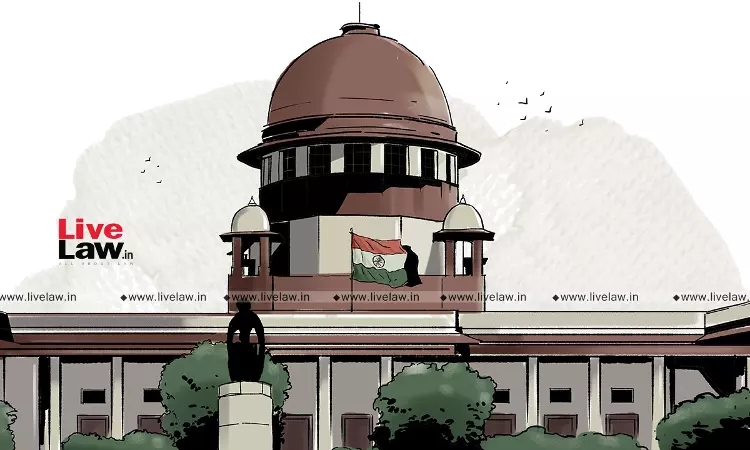Supreme Court Starts Anonymizing Identities Of Accused In Rape Cases Found To Be False
Yash Mittal
19 March 2024 5:51 PM IST

Next Story
19 March 2024 5:51 PM IST
It is interesting to note that the Supreme Court has recently started anonymizing the names of the accused in judgments which quash rape cases as false.On March 18, the Supreme Court quashed an FIR against a person accused of raping a woman on the false pretext of marriage. The judgment titled "Ms.X versus Mr.A" has kept the name of the accused anonymous. On March 7, the Court delivered...
